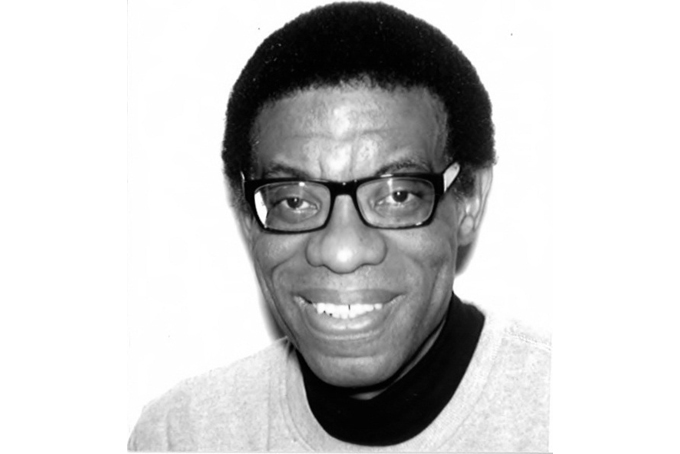
C. MATTHEW HAWKINS
Whenever people get together to discuss the academic achievement of Black American males they usually end up with a litany of failure that seems to defy solutions. Over the past five years, however there is a new trend in the research on Black males and schooling. Pittsburgh, for a number of reasons, may find itself at the forefront of new methods to improve the effectiveness of schools and communities in engaging young Black males.
Pittsburghers got a glimpse of where this might be headed during a community conversation that took place at the August Wilson Center on June 20th. The conversation featured a sneak preview of a documentary that took fourteen years to make, titled “American Promise”.
This documentary followed the development of two African American boys who were enrolled in the Dalton School, an elite private institution in Upper East Side Manhattan. The two were part of a handful of Black students attending the elementary school, in the hope of continuing through high school. The film’s narrative contained both dreams and disappointments, but no easy answers. It illustrated persistent questions that people who are serious about the education of Black males must wrestle with.
One of the basic conflicts illustrated in the documentary was the dilemma facing the parents of the two students: on the one hand they wanted their children to have all of the social and cultural advantages that an elite school, such as Dalton, could offer. On the other hand, they wanted their children to still be comfortable their Black peers in the neighborhood. It is the classic dilemma of code-switching; how does one maintain one’s integrity in two very different social and cultural environments? When one leaves familiar surroundings, is it possible to come home again?
After the film the sponsors of the program convened a panel, consisting of the parents of the children in the movie, along with Richard Gray, of the Annenberg Institute for School Reform; Carey Harris, Executive Director of A+ Schools; William Generett, Executive Director and CEO of Urban Innovations; and Rex Crawley, PhD., Assistant Dean of the School of Communications and Information Systems and Endowed Chair of the Uzuri Think Tank at Robert Morris University. WQED Producer Chris Moore moderated the conversation.
The panel discussed the core dilemma facing the parents in the film, and the Black community in general since the end of desegregation. For most of the 20th Century the Black community fought to dismantle segregation only to discover that we may have placed unwarranted hopes on the ability of integrated schools, alone, to solve all social and educational problems.
While desegregation opened new opportunities, it came with a price. The teenagers in the film had to have one foot in two very different social environments. Their parents, meanwhile, suspected that the teachers at Dalton, whom they hoped would strengthen their children’s opportunities in life, were judging and stigmatizing the children without really knowing them.
When the school’s administrators raised questions about whether or not the two young men should continue at Dalton High, after graduating from their elementary school, a familiar choice, for activists in education reform, emerged. How does one define where the problem actually lies?
The school’s administrators put the institution above critique by focusing on whether or not the students were “the right fit” for that institution. The institution would not be responsible for trying to find new ways to teach a socially diverse student body; instead the students would have to develop new ways of learning to fit the traditional methods of the school.
Does one say, “This is a great school, but unfortunately these students don’t fit in,” or does one ask what there might be within the school’s environment that prevents some students from fulfilling their potential? Assumptions that the viewer brings to the situation have everything to do with how they define the problem. It is a difficult task to try to strike a sensible balance between the two approaches.
This points to new perspectives that are shaping research on young Black males and their relationship with schools. Anthony Robins, director of program and research for Robert Morris’ Uzuri Think Tank, recently wrote about this change in focus in the Pittsburgh Post-Gazette’s Sunday Forum. In the past education researchers were oriented toward a deficiency model. This approach focused on students who were failing. It tried to explain their failure. Newer research tends to be oriented toward what might be called an “anti-deficit” model. This research focuses on Black male students who are successful and tries to identify factors contributing to their success.